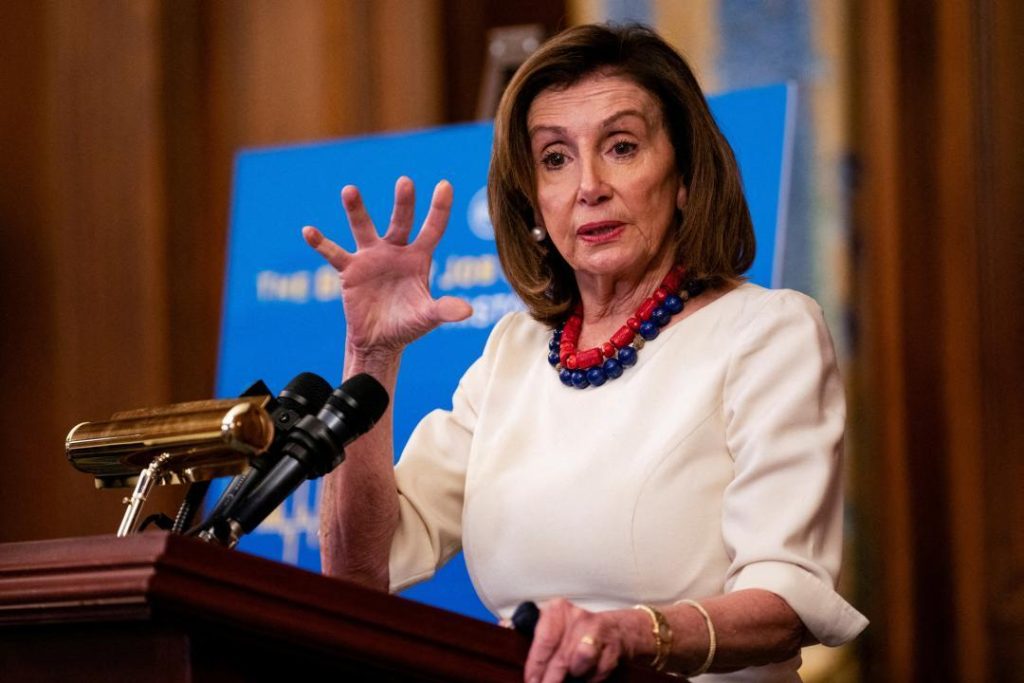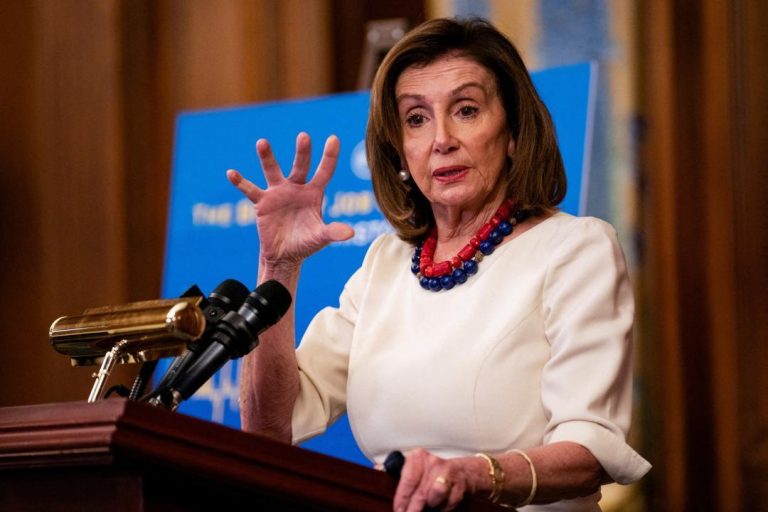
What is the PELOSI Act and Why is it Named After Former US Speaker Nancy Pelosi?
In the United States, the integrity of the legislative process is often scrutinized for potential conflicts of interest. Recently, a bill has been reintroduced in the US Senate aimed at addressing this issue. The Preventing Elected Leaders from Owning Securities and Investments (PELOSI) Act, sponsored by US Senator Josh Hawley, seeks to prohibit lawmakers and their spouses from holding or dealing in stocks while holding office. But what is the PELOSI Act, and why is it named after former US Speaker Nancy Pelosi?
The PELOSI Act is designed to prevent lawmakers from using their positions to benefit financially from their investments. The bill would effectively ban members of Congress, as well as their spouses, from owning or trading individual stocks, bonds, and other securities. Instead, they would be allowed to invest in mutual funds, exchange-traded funds (ETFs), and Treasury bonds. This would help to eliminate any potential conflicts of interest and ensure that lawmakers are making decisions based solely on the best interests of the country, rather than their own financial gain.
The PELOSI Act is named after Nancy Pelosi, the former Speaker of the US House of Representatives, who has been a vocal advocate for financial reform. During her tenure as Speaker, Pelosi and her husband, Paul Pelosi, made significant gains on their stock portfolio, which has sparked concerns about potential conflicts of interest. The PELOSI Act is aimed at preventing similar situations in the future and ensuring that lawmakers are held to a higher standard of ethics and transparency.
The reintroduction of the PELOSI Act comes at a time when concerns about financial conflicts of interest in Congress are at an all-time high. With the rise of online trading and social media, lawmakers’ financial activities are now more transparent than ever before. However, this increased transparency has also highlighted the potential for lawmakers to use their positions to benefit financially from their investments.
In recent years, several lawmakers have faced criticism for their financial activities, including trading stocks in companies that have business before Congress. For example, in 2020, it was revealed that several lawmakers, including Senators Richard Burr and Kelly Lofgren, had traded stocks in companies affected by the COVID-19 pandemic. These trades were made during a period when Burr and Lofgren had access to sensitive information about the pandemic, which sparked concerns about insider trading.
The PELOSI Act is designed to prevent similar situations in the future. By prohibiting lawmakers from owning or dealing in individual stocks, the bill would eliminate any potential conflicts of interest and ensure that lawmakers are making decisions based solely on the best interests of the country.
The PELOSI Act has received support from several advocacy groups, including government watchdog organizations and transparency advocates. These groups argue that the bill is necessary to restore public trust in the legislative process and ensure that lawmakers are held to a higher standard of ethics and transparency.
However, not everyone is in favor of the PELOSI Act. Some lawmakers argue that the bill goes too far and would limit their ability to make informed investment decisions. Others argue that the bill is unnecessary and that lawmakers are capable of making ethical decisions without needing to be restricted by such legislation.
Despite these concerns, the PELOSI Act has the potential to make a significant impact on the integrity of the legislative process. By prohibiting lawmakers from owning or dealing in individual stocks, the bill would eliminate any potential conflicts of interest and ensure that lawmakers are making decisions based solely on the best interests of the country.
In conclusion, the PELOSI Act is a bill aimed at preventing lawmakers from using their positions to benefit financially from their investments. The bill would prohibit lawmakers and their spouses from owning or dealing in individual stocks, bonds, and other securities, and would instead allow them to invest in mutual funds, ETFs, and Treasury bonds. The PELOSI Act is named after former US Speaker Nancy Pelosi, who has been a vocal advocate for financial reform, and has the potential to make a significant impact on the integrity of the legislative process.






